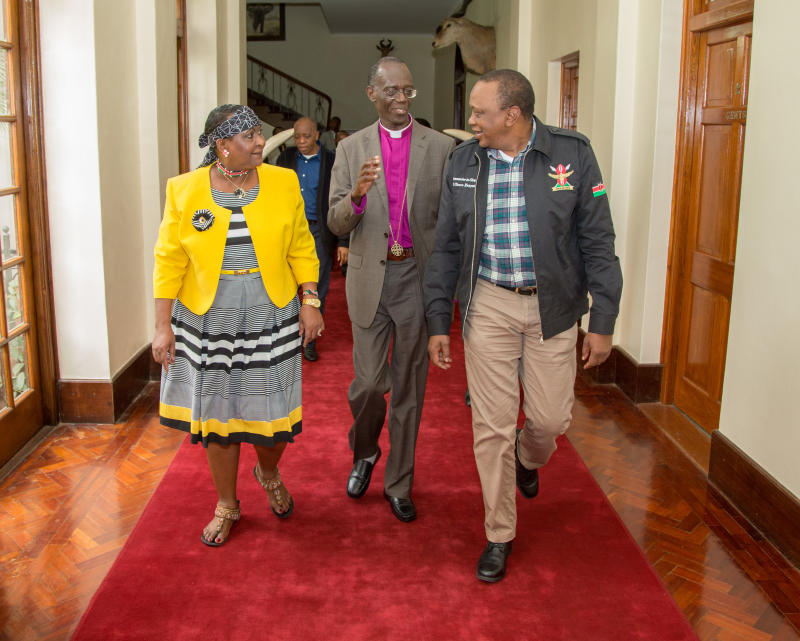×
The Standard e-Paper
Fearless, Trusted News

The curtains are coming down fast for one of the most vilified commissions Kenya has ever seen.
The favour that the Ethics And Anti-Corruption Commission (EACC) once carried looks to be fast fading, with Parliament being the latest arm of government to train its guns on it in what might be the commission’s defining moment.